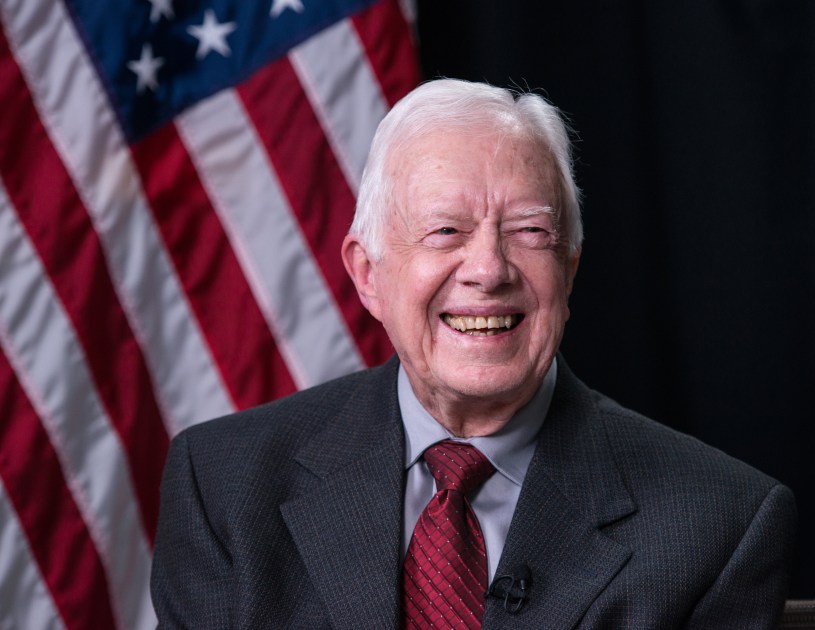King Cove, Alaska is a small city located 600 miles southwest of Anchorage on the Pacific side of the Alaska penninsula. The city’s residents want a road constructed to a nearby airport and, according to The New York Times, they have valid reasons for it to be done:
With a population of about 800, many of them Natives, King Cove lies 600 miles from Anchorage in an area known for its nasty weather. It has a small gravel airstrip, but to get to Anchorage villagers have relied on a larger, all-weather airport at Cold Bay, on the other side of a bay.
A road from King Cove to Cold Bay, which would be about 40 miles long in total, was first discussed in the mid-1970s, since travel by small plane or boat wasn’t always possible or fast enough for emergencies. “We were not able to get our loved ones out of there in bad storms, which are pretty frequent,” said Henry Mack, the community’s longtime mayor, who left office last fall.
A land agreement that would allow the road’s construction to go forward was approved by a federal court. However, The Times points out environmentalists have taken it upon themselves to try to stop it, despite the fact ill patients would primarily benefit:
Conservation groups, who say the project is less about health care and more about transporting salmon and workers for the large cannery in King Cove, fear that more is at risk than just the Izembek National Wildlife Refuge, 300,000 acres of unique habitat for migratory waterfowl, bears and other animals.
According to the environmentalist’s logic, people should die or remain gravely ill including also lose their jobs because the animals and other wildlife in the area of King Cove are more important than people. Former President Jimmy Carter then decided to get involved.
Enter the 39th president of the United States, a Democrat who left office 41 years ago.
In a rare legal filing by a former president, Mr. Carter this month supported an appeal by conservation groups to have a larger panel of the Ninth Circuit Court of Appeals rehear the case. He wrote that the earlier ruling by a three-judge panel “is not only deeply mistaken, it’s dangerous.” The panel voted, 2-1, to uphold the land deal, with two Trump-appointed judges in favor.
Has Carter decided to lay the groundwork for a potential primary challenge to Joe Biden? Perhaps to remind residents how terrible Democrats like him are? The New York Times explains Carter’s motives:
[Carter] has expertise, and a vested interest, in the matter. As president, he pushed for and signed the law in question, the Alaska National Interest Lands Conservation Act, known as Anilca, in 1980.
In response to questions from The New York Times, Mr. Carter wrote that the law “may be the most significant domestic achievement of my political life.”
“Our great nation has never before or since preserved so much of America’s natural and cultural heritage on such a remarkable scale,” he added.
An out-of-town politician decides to stick his nose in to stop a needed project out of some obsessive need to preserve his (ahem) legacy. The only legacy Jimmy Carter has is that he was a third rate politician and, worst of all, his effort assists environmentalists in trying to stop construction of a road people need won’t help the image he tried to build after his failed presidency.
PHOTO CREDIT: Carter during a Google Hangout session held during the LBJ Presidential Library Civil Rights Summit in 2014 – By Lauren Gerson – https://www.flickr.com/photos/lbjlibrarynow/13731192015/, Public Domain, https://commons.wikimedia.org/w/index.php?curid=49755934
